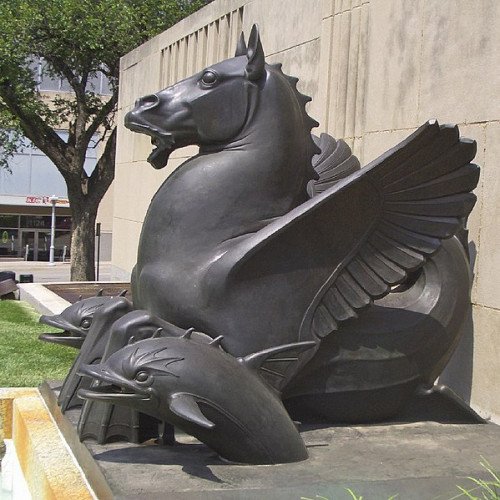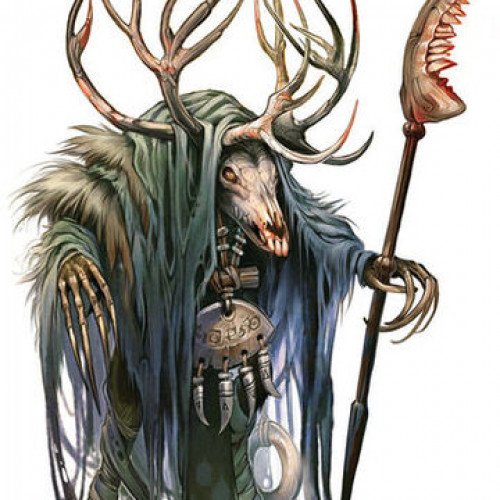Hippocampus (mythology) VS Ijiraq (mythology)

Hippocampus (mythology)
The hippocampus or hippocamp, also hippokampos (plural: hippocampi or hippocamps; Greek: ἱππόκαμπος, from ἵππος, "horse" and κάμπος, "sea monster"), often called a sea-horse in English, is a mythological creature shared by Phoenician, Etruscan, Pictish, Roman and Greek mythology, though its name has a Greek origin. The hippocampus has typically been depicted as having the upper body of a horse with the lower body of a fish.
Statistics for this Xoptio

Ijiraq (mythology)
In Inuit mythology an ijiraq ( EE-yi-rahk or EE-ji-rahk) is a shape-shifting creature that is said to kidnap children, hide them away and abandon them. The inuksugaq (or inukshuk) of stone allow these children to find their way back if they can convince the ijiraq to let them go.
Statistics for this Xoptio
Vs